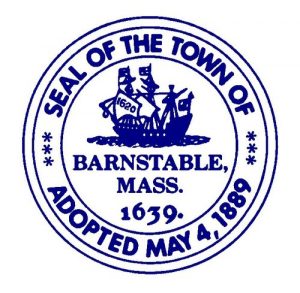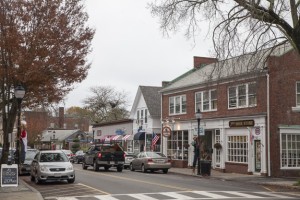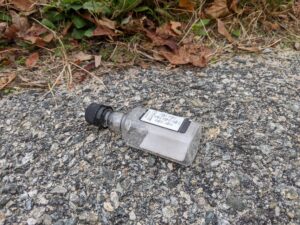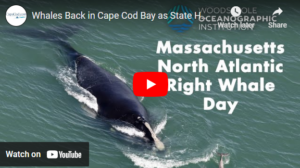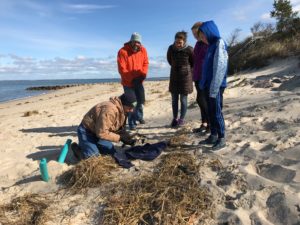
Pictured are (left to right) sea turtle volunteer Tim O’Brien,
with Seth Black, Brooke Mazzarella, Lena Flaherty, and Camryn Mazzarella, who found the Kemp’s ridley sea turtle in Brewster. Photo courtesy of Kim Novino.
WELLFLEET – Cape Cod saw the lowest number of turtle strandings since 2013 during the fall, but researchers are making the most out of the cold stunned sea turtles found dead.
Mass Audubon’s Wellfleet Bay Wildlife Sanctuary has been collecting information on the turtles in a long-standing database for several years.
Since the record stranding season in 2014, which had more than 1,200 strandings, the sanctuary has been working with researchers from around to world to study the remains of critically endangered Kemp’s ridley sea turtles.
“These outside researchers come to our necropsy, animal autopsy sessions, and take samples and are really doing some important sea turtle conservation work on samples from these dead turtles,” said Karen Dourdeville, the sanctuary’s Sea Turtle Stranding Coordinator.
All work with the turtles must be permitted because they are a federally protected species. Dourdeville said that can be a long process.
“We work with these scientists in many cases to develop their permits,” she said.
“We are thrilled that there is just more science being done on the dead turtles. We are really facilitating that.”
The sanctuary recently assisted a team from Auburn University who visited for a week. The team was looking for blood flukes in Kemp’s ridley carcasses. Blood flukes are parasitic trematodes, or flatworms, known to cause disease in some sea turtle species.
The blood flukes have not previously been found in Kemp’s ridley sea turtles, but Dourdeville said there hasn’t been much opportunity to look.
The Auburn team only examined three of the dead turtles during the week they were on the Cape, even though they were permitted to look at five.
“These turtles have to be really fresh for these microscopic trematodes to be intact,” Dourdeville said. “We only had three that were fresh enough to meet their criteria during the time they were here.”
The researchers found other parasites in those turtles.
“They were thrilled to get a chance to look at these juvenile ridleys and they want to come back,” she said.
Dourdeville also credited the volunteers who work to bring in the alive and dead turtles.
“We stress and our volunteers really embrace that its not only the live turtles that are important,” she said. “These dead ones provide a lot of information for important science. We have wonderful volunteers that make it all possible to do this big project.”
As of mid-January, a total of 297 sea turtles were found on Cape Cod beaches with less than 100 that did not survive.
“That is a low year,” Dourdeville said.
There were 840 sea turtles strandings in 2018.
Researchers are not sure why there was such a low number this season.
“We love to speculate,” Dourdeville said. “We don’t really know.”
Some theories include that not as many of the turtles got this far north during the summer and early fall, or strong westerly winds kept them from getting trapped in Cape Cod Bay.
Although the researchers can’t be sure many more of the turtles did not die, Dourdeville said that doesn’t seem to be the case.
About 90 percent of the cold-stunned sea turtles are juvenile Kemp’s ridleys, which are the most endangered sea turtle in the world.
The turtles, which feed in local waters during the summer, get caught by the region’s geography as they try to migrate south and experience hypothermia like conditions as the waters get colder.
The body temperatures of the turtles fall with the water temperature and their systems begin to shut down.
The sea turtle stranding season used to begin around November 1 through the 1990s and 2000s. Since 2010, the stranding season has started a few weeks later.






